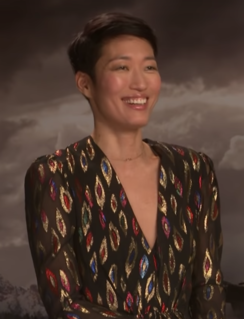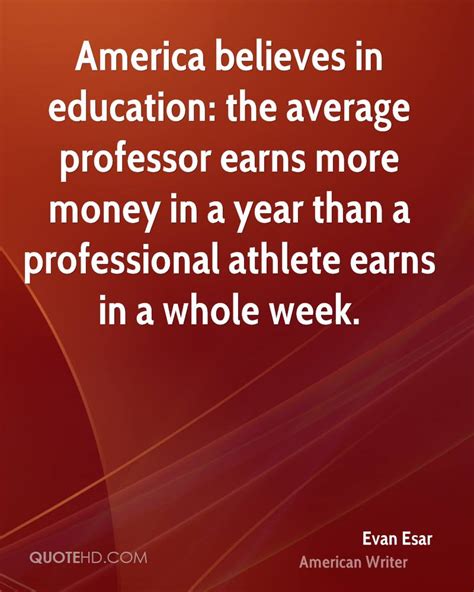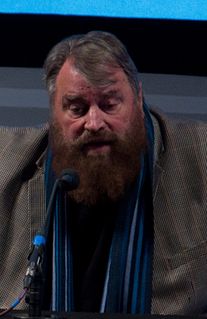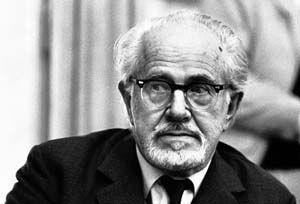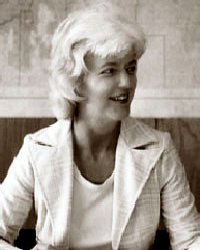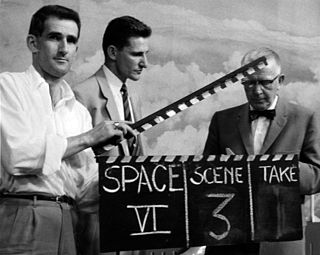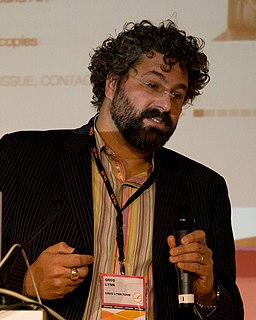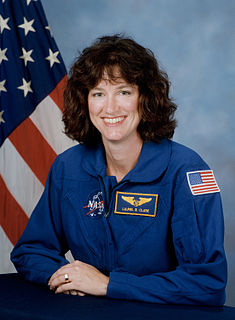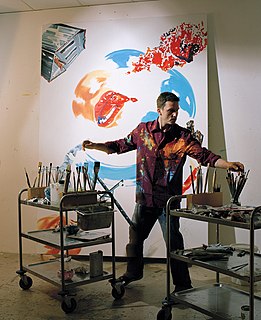Top 1200 Space Science Quotes & Sayings - Page 2
Explore popular Space Science quotes.
Last updated on December 4, 2024.
We will eventually build space science labs and hotels, prodding the capability for missions beyond the orbit of the Earth. Our space-hotel guests will be able to take breath-taking excursions, flying a couple of hundred feet above the Moon's surface in small two-man spaceships. In time, we will launch missions to Mars and beyond.
This is a really big space station. We do a lot of various kinds of work here, different kinds of science experiments; we have over 400 different experiments going on at any one time in different areas, from basic science research to medical technology, that hopefully will benefit more people on Earth.
Medicine, electronic communications, space travel, genetic manipulation . . . these are the miracles about which we now tell our children. These are the miracles we herald as proof that science will bring us the answers. The ancient stories of immaculate conceptions, burning bushes, and parting seas are no longer relevant. God has become obsolete. Science has won the battle.
It is time to create new social science departments that reflect the breadth and complexity of the problems we face as well as the novelty of 21st-century science. These would include departments of biosocial science, network science, neuroeconomics, behavioral genetics and computational social science.
The dimension that counts for the creative person is the space he creates within himself. This inner space is closer to the infinite than the other, and it is the privilege of the balanced mind... and the search for an equilibrium is essential - to be as aware of inner space as he is of outer space.
From the union of power and money, from the union of power and secrecy, from the union of government and science, from the union of government and art, from the union of science and money, from the union of ambition and ignorance, from the union of genius and war, from the union of outer space and inner vacuity, the Mad Farmer walks quietly away.
Science fiction is fantasy about issues of science. Science fiction is a subset of fantasy. Fantasy predated it by several millennia. The '30s to the '50s were the golden age of science fiction - this was because, to a large degree, it was at this point that technology and science had exposed its potential without revealing the limitations.
Space travel is a dream for many men and women. I think my trip will be perceived differently by different genders because for women, a lot of time, not only space travel, it's not accessible to everyone, but is even less accessible to women, there are a lot more barriers for them especially if they live in countries where things like space travel, engineering, any science and technology-related field would be considered a more male-dominated field. And so I want to show them that there is nothing preventing woman, or making them less qualified to be involved in any of these fields.
The future. Space travel, or cosmology. Alternate universes. Time travel. Robots. Marvelous inventions. Immortality. Catastrophes. Aliens. Superman. Other dimensions. Inner space, or the psyche. These are the ideas that are essential to science fiction. The phenomena change, the basic ideas do not. These ideas are the same philosophical concepts that have intrigued mankind throughout history.
One cannot ignore half of life for the purposes of science, and then claim that the results of science give a full and adequate picture of the meaning of life. All discussions of 'life' which begin with a description of man's place on a speck of matter in space, in an endless evolutionary scale, are bound to be half-measures, because they leave out most of the experiences which are important to use as human beings.
We need to be very thoughtful about how we propose to spend the money that NASA does have for space exploration. And we need to be clear that there's the human spaceflight part of NASA, and there's the science space part of NASA, and there's also aeronautics. Those are all very different things that NASA does.
The science and technology which have advanced man safely into space have brought about startling medical advances for man on earth. Out of space research have come new knowledge, techniques and instruments which have enabled some bedridden invalids to walk, the totally deaf to hear, the voiceless to talk, and, in the foreseeable future, may even make it possible for the blind to "see."

